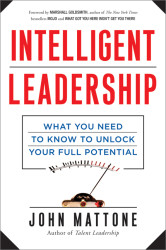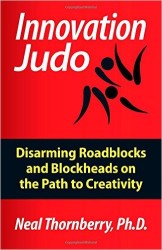I was talking with a friend last week about technology–specifically the kind we use in the HR, payroll, and recruiting space. His organization is using an awful tool that costs quite a bit of money. It’s not user friendly. It doesn’t make data easily accessible. And it’s become a running joke that any basic business need will require yet another $20k+ module just to meet that single need. It sounds like they are in the perfect place to be considering other technology, right?
And yet he and I both know that they are not going to make a change any time soon. Despite the availability of various “HR modules” within the system, he uses a point solution to handle recruiting needs and an Excel spreadsheet manage employee data. At some point he’s going to have to move to something else, but he and his organization are just part-way into the HR technology maturity curve. Here’s a look at the curve (in my opinion) and how technology is normally put into place.
The first steps

Diving into HR technology doesn’t have to be scary
One of the first steps most companies take in terms of HR technology typically comes with recruiting. Adding an applicant tracking system to eliminate manual job posting, tracking of candidates, and collaboration with the hiring team. Using a piece of recruiting software (like Recruiterbox, for example), can drastically change HR’s role in the hiring process from administrative to strategic.
I can still remember the before and after look at my recruiting practices when it came to technology implementation. When it was all manual, I was just trying to keep the mass of information organized enough to pick anyone competent and qualified. When we transitioned to using an applicant tracking system, I was able to then spend more time coaching hiring managers, screening candidates more thoroughly, and onboarding new employees.
Another common first step is in payroll. Again, it can be an opportunity to change from very administrative (did we get that person’s dependents right?) to a more strategic focus on compensation, variable pay, and other important elements that fall through the cracks when you’re spending several hours a week reviewing pay stubs.
Next up: performance/learning
Depending on the organization, as they grow there is usually a focus on automating performance management, learning, or both. For instance, when I worked for an organization with heavy regulations around training and staff certifications, our primary system (even before having a good HRIS) was a learning management system (LMS). In another organization, I campaigned regularly for a performance management solution to help alleviate the burden of continuously growing performance management paperwork. This is often seen as less strategic and important than recruiting or payroll, which is why it’s not at the top of the list in terms of implementation priority.
One area I’ve seen grow of late is the set of companies offering performance feedback/employee engagement solutions based on simple surveys and quick “pulse” feedback gathering. These are very easy to implement and don’t require all the trouble of the typical performance management solution.
The later stages
The deeper into this maturity process the company goes, the more likely it will select a suite to consolidate vendors and ensure a uniform data set across the various platforms (learning, performance, compensation, etc.)
One area I’ve been very interested in of late involves the difference between companies that pursue point solutions to solve various problems and those that snag the suite to combine each area. A few questions that have bounced around in my mind:
- Which type of organization has better performance?
- What factors play into that overall technology selection choice?
- Are organizations using data better if the systems are integrated than if not?
- What about the specific benefits highly targeted point solutions offer that the big suites do not?
What are your thoughts? Where are you in this HR technology maturity curve?Â
 One of the sites I follow regularly is
One of the sites I follow regularly is  Why this place?
Why this place?
